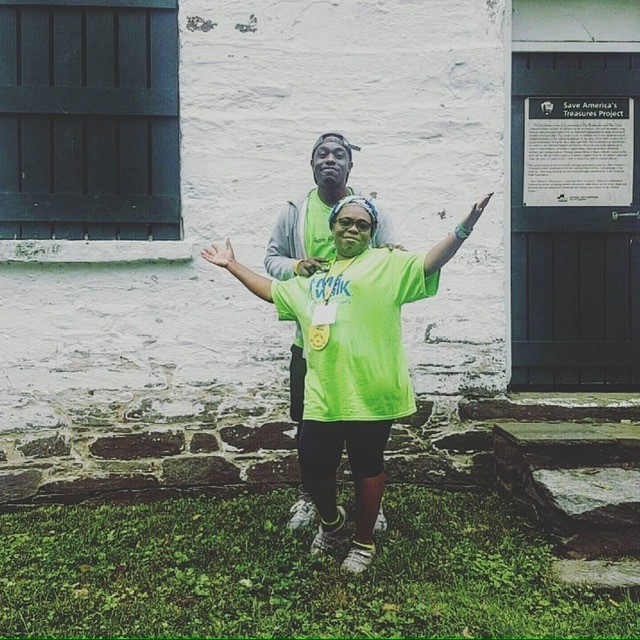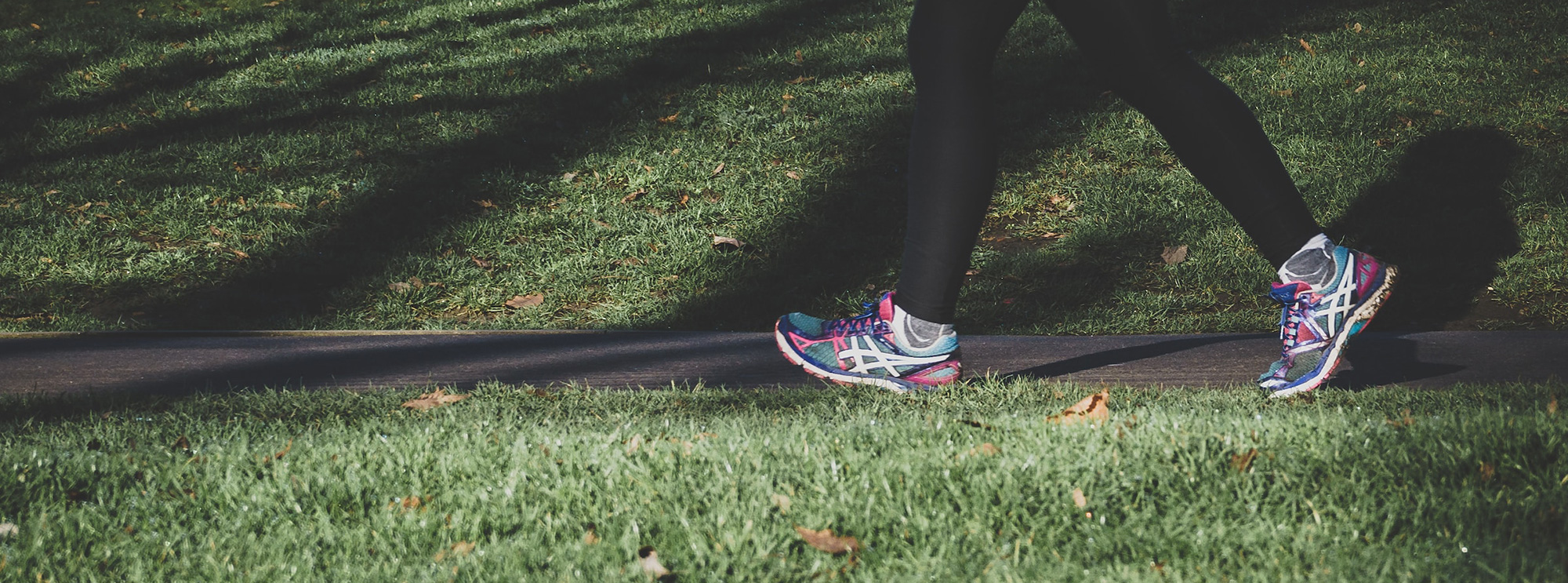Chronic illnesses are sometimes described as “family diseases” because everyone is affected, whether through illness, caretaking, or the sacrifices and changes to their lives. Siblings Bru, Eno, and Kevwe Ajueyitsi have a loved one with myasthenia gravis – their mother, Betty, was diagnosed more than a decade ago.
 As Betty struggled to manage her symptoms, the health care system, and her new reality, her children’s lives also shifted dramatically. Here, Bru shares his perspective on Betty’s journey and how the disease has impacted him and the family as well.
As Betty struggled to manage her symptoms, the health care system, and her new reality, her children’s lives also shifted dramatically. Here, Bru shares his perspective on Betty’s journey and how the disease has impacted him and the family as well.
This was a day filled with celebration. We attended our first MG Walk in Maryland with family and friends. To see Mama B literally walk was a testament to her faith and the ultimate power of surrounding love. My incredible mother battled for her life in a way that taught me the true meaning of strength and resilience. Mama B never gave up!
Soon after the diagnosis, more than 10 years ago, most of my mother's time would essentially be spent in and out of a hospital. Pain, injections, infusions, and medications became the norm. The life my mother had known was now over. This moment of truth shed light on people who we thought were her friends and those we considered family. They either stepped up or stepped out.
On top of all the hardship, my mother became a fierce advocate for herself through her journey in the medical system. My mother has been an educator for decades, and this was a fitting skill set for her at the time. We, as a "village," learned how faulty the medical systems could be with regards to bookkeeping and medication administration. She faced countless slip-ups with medicine, rushed infusions that caused severe migraines and longer recovery periods, and doctors eager to prescribe more pills, which caused more symptoms, such as blood clots or severe pain.
Ma also fought to make sure her children – me included – stayed on track. She refused to let us stay home and care for her. I ignored her requests and decided to stay home to assist with daily duties; I can attest that carrying her up and down the stairs was my favorite. Though heartbreaking, I was sort of able to measure her spirit every day, as I carried her up and sometimes wondered if I'd one day lose my mother. Her lightning personality had diminished.
Eventually, through many tears, prayer, and flights of stairs, my mother somehow managed to smile and crack jokes again. She would ask about my day and my dreams. As time passed, she became stronger and demanded that doctors wean her off as many drugs as possible and to focus on a more natural recovery, as she refused to deal with side effects of medication for the remainder of her life. My mother made up her mind that she would live!
As of today, my mother is in medical remission. She has overcome crises and is functional with caution. Ma still can't climb stairs as she once did or go for a jog, but she’s taken up Pilates, dances, travels often, and continues to chase her dreams.

